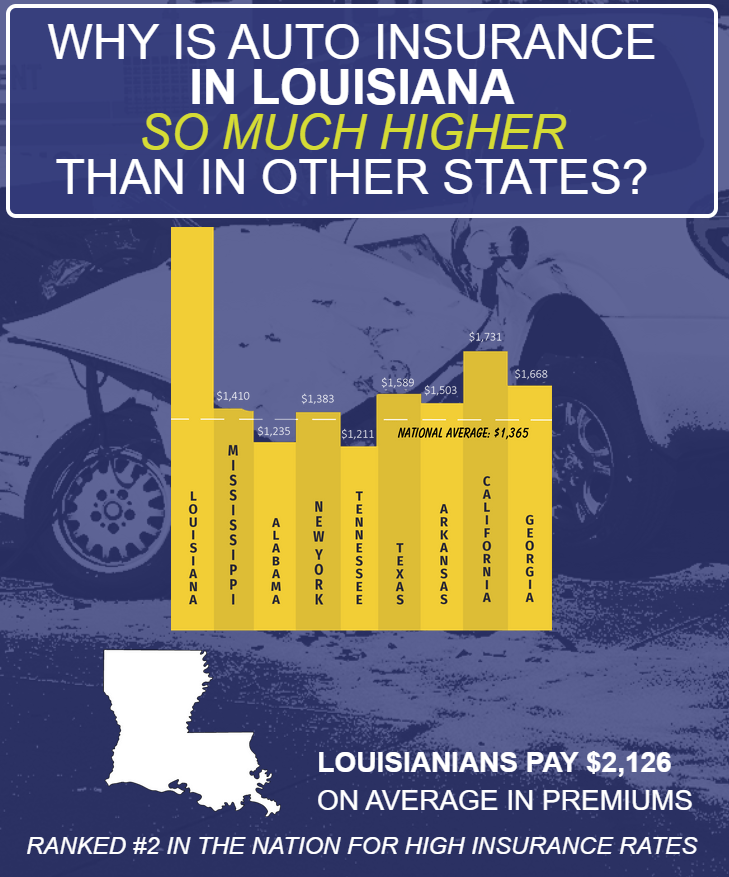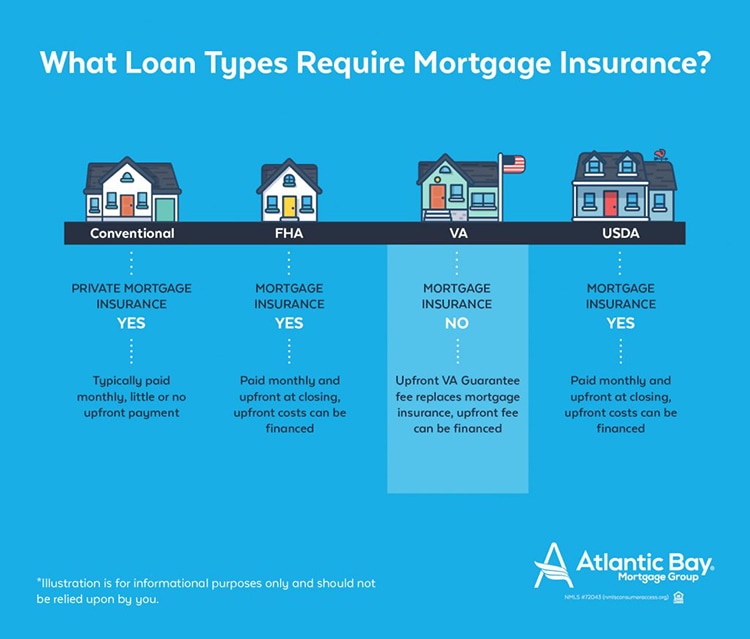The insurance coverage market is insurance coverage agents using products on behalf of insurer. Representatives earn money a commission by the insurance provider to sell their products. Some agents work as brokers, others work in a group setting or are captive (devoted to one insurance company). To sell insurance coverage of any kind there are typically two requirements. A base pay. Commission. An incentive or reward. All 3 of these payment approaches define how insurance coverage representatives earn money. However, which payment approaches are appropriate depend upon: Agent typeExperienceLocation Insurance agents are paid in a different way depending on if they are captive or independent. Here's how to inform the difference in between the 2: This type of agent http://zionlopp478.yousher.com/unknown-facts-about-how-much-does-flood-insurance-cost works exclusively for one specific insurer.
They get leads from the business and represent the items it sells. This type of agent provides items from numerous insurer. They do not have a loyalty to any one insurance provider and normally operate in their own workplace or as part of an independent firm. However they do participate in a contract that offers them binding authority to sell insurance plan on the behalf of different insurance coverage companies.
Independent agents can grow their book of business faster than captive representatives due to the fact that they are more participated in their community and use more individualized service. They can frequently earn greater commissions but receive little to no base pay. With both kinds of insurance coverage representatives, the private representative functions as an intermediary in between the client and the insurer.

The payment structure of an insurance coverage agent is influenced by where they work. Those who work as a sales agent for one insurance coverage business, representing only that insurance company's products, usually make money in among 3 methods: Salary onlySalary plus commissionSalary, commission and bonus offer Representatives who work for an independent insurance company selling items from picked companies typically make a little income and commissions, OR a salary plus a benefit if the company meets its objectives.
The 2017 average yearly wage for an insurance representative is $49,710 and the per hour wage is $23. 90 per hour, according to the U.S. Department of Labor's Bureau of Labor Statistics, New agents earn less than $27,180, while those with years in the organization can make upwards of $125,190. Along with a base pay, captive representatives likewise get an employer-sponsored advantages plan, as well as supporting staff, workplace devices, marketing and marketing efforts.
An agent's base commission depends a number of elements like: The line of insuranceThe variety of brand-new policies soldThe variety of renewing policiesThe commission structure, if any, of the insurer or firm Captive representatives generally make a 5% to 10% commission for each car and house insurance coverage policy they sell. Each time the policy restores, they get a recurring commission, which is generally less than the initial commission.
Independent representatives make more in commission than captive agents due to the fact that they either receive no base wage or a really little one. According to the Independent Insurance Coverage Agents & Brokers of America, Inc. (IIABA), independent representatives normally make the following series of commissions on these policy types: Between 8% and 15% of a brand-new policy's very first year premium and in between 2% and 15% at the policy's renewal.
The Main Principles Of How Much Does It Cost To Become A Licensed Insurance Agent
Given that life and medical insurance commissions are front-loaded, agents generally do not get a commission after the third policy renewal. At times, hostage and independent representatives may make contingent commissions, which are incentive-based. Insurer or agencies may set specific goals for achieving contingent commissions, such as: Reaching a particular volume of businessPolicy retentionGrowing a certain line of insuranceOverall profitability In general, no matter the type of representative, the higher a representative's book of business, the more commissions he or she makes.
Most U.S. states have disclosure laws that need representatives and brokers to supply this info. Some insurance coverage representatives might receive quarterly, semiannual, or year-end rewards based upon their sales efficiency. For captive representatives, performance rewards can add up to 20% or more of their earnings. Independent representatives typically do not receive efficiency bonus offers unless they work for an independent insurance company that uses such chances.
Experience matters when it pertains to how much insurance agents can make. For both captive and independent insurance coverage agents, the more years working as an agent, the more consumers they acquire and the more strong their track record becomes as a trusted representative. This relationship structure translates into brand-new business and continued renewals, increasing a representative's commission from year to year.
Insurance rates are identified by a location's cost of living, the number of accidents take place, the general health of its locals, the criminal offense rate and other stats. For agents, area can impact insurance coverage sales since: The expense of insurance coverage is so high that lots of residents would go without it. Individuals are leaving the area due to a high cost of living.
There are more agents in the market than prospective clients. There is higher competitors in the place. Citizens tend to go shopping more online than locally. The expense of insurance coverage is high, so agents can earn more commission. The expense of insurance is low, so representatives do not earn as much commission.
So, what representative services are clients getting for their cash? An agent understands all the ins and outs of the insurance items she or he is selling (how to become an auto insurance agent). They apply this knowledge to help customers choose the finest policy to fulfill their needs and spending plan - how to be an insurance agent. Insurance coverage representatives are required to be certified in each state in which they work.
Some insurance coverage representatives have actually expanded their knowledge of insurance coverage by completing courses and passing test requirements for insurance designations. Amongst the top classifications are: Qualified Insurance Counselor (CIC) Chartered Life Underwriter (CLU) Chartered Home Casualty Underwriter (CPCU) Commercial Lines Protection Expert (CLCS) Accredited Advisor in Insurance Coverage (AAI) Associate in General Insurance Coverage (AINS) Accredited Customer Service Agent (ACSR) Personal Lines Coverage Expert (PLCS) Partner in Insurance Services (AIS) Healthcare Compliance Professional (HCP) Group Advantages Associate (GBA) Fellow, Medical Insurance Advanced Research Studies (FHIAS) Certified Monetary Organizer (CFP) Financial Solutions Licensed Professional (FSCP) You'll see several of these designations after the insurance representative's name.
Unknown Facts About What Does An Insurance Agent Do On A Daily Basis

For clients trying to find an insurance coverage representative, knowing the payment structure of your agent provides transparency and helps develop trust. Weigh this info with the agent's professionalism and competence to develop a trusting relationship.